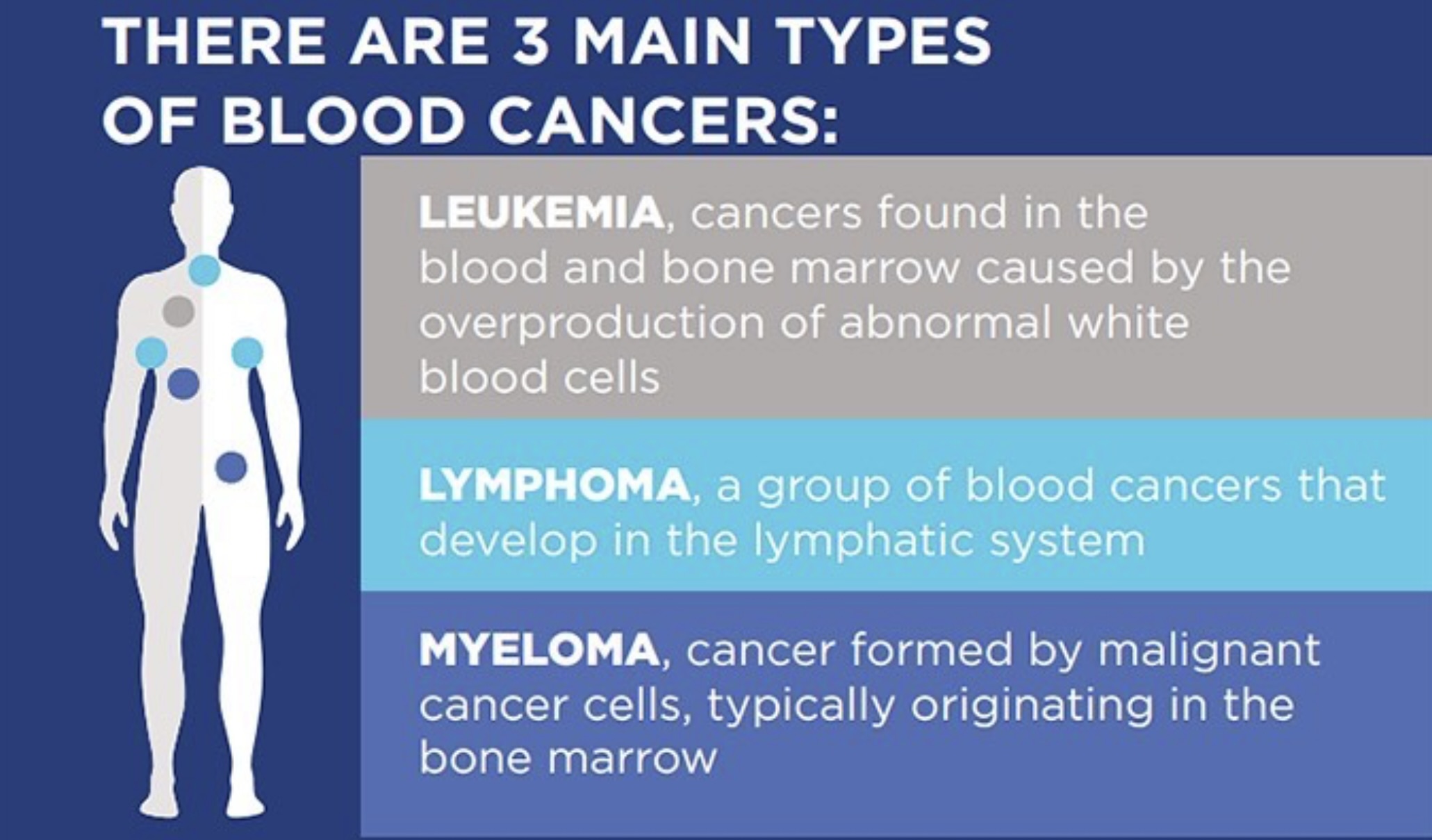Follicular Lymphoma: Symptoms, Causes, Treatment
What are the symptoms of follicular lymphoma?
Follicular lymphoma is a type of non-Hodgkin lymphoma, a cancer that affects the lymphatic system. The symptoms of follicular lymphoma can vary depending on the stage of the disease and the areas of the body affected. Some common symptoms include:
- Enlarged lymph nodes: Swollen, painless lymph nodes, usually in the neck, armpits, or groin, are a common symptom of follicular lymphoma.
- Fatigue: Feeling unusually tired or weak, even after rest, is a common symptom of lymphoma.
- Night sweats: Experiencing drenching sweats at night, unrelated to room temperature or activity, can be a symptom of lymphoma.
- Unexplained weight loss: Losing weight without trying can be a symptom of lymphoma.
- Fever: A persistent fever that is not caused by an infection or other known cause can be a symptom of lymphoma.
- Abdominal pain or swelling: Lymphoma can sometimes cause swelling or pain in the abdomen due to enlarged lymph nodes or organs.
- Chest pain, coughing, or difficulty breathing: These symptoms can occur if lymphoma affects the lymph nodes or tissues in the chest.
- Other symptoms: Some people with follicular lymphoma may experience itching, bone pain, or frequent infections.
It’s important to note that these symptoms can also be caused by other, less serious conditions. However, if you experience persistent symptoms that are concerning, it’s important to see a healthcare provider for an evaluation.
What are the causes of follicular lymphoma?
The exact cause of follicular lymphoma is not known, but it is thought to be related to genetic mutations in the lymphocytes, a type of white blood cell that plays a key role in the immune system. These mutations cause the lymphocytes to grow and divide uncontrollably, leading to the development of lymphoma.
Several factors may increase the risk of developing follicular lymphoma, including:
- Age: Follicular lymphoma is most commonly diagnosed in people over the age of 60, and the risk increases with age.
- Gender: Men are slightly more likely than women to develop follicular lymphoma.
- Family history: Having a close relative, such as a parent or sibling, with lymphoma or another type of cancer may increase the risk.
- Immune system disorders: Certain immune system disorders, such as autoimmune diseases or immunodeficiency disorders, may increase the risk of developing lymphoma.
- Exposure to certain chemicals: Some studies suggest that exposure to certain chemicals, such as pesticides or solvents, may increase the risk of lymphoma, although the evidence is not conclusive.
- Helicobacter pylori infection: Some research suggests that infection with the bacterium Helicobacter pylori, which can cause stomach ulcers, may be associated with an increased risk of lymphoma.
It’s important to note that having one or more risk factors does not mean that a person will develop follicular lymphoma, and many people with follicular lymphoma do not have any known risk factors. More research is needed to fully understand the causes of follicular lymphoma.
What is the treatment for follicular lymphoma?
The treatment for follicular lymphoma depends on several factors, including the stage of the disease, the overall health of the patient, and the presence of any symptoms. Treatment options may include:
- Watchful waiting: In some cases, especially if the lymphoma is slow-growing and not causing symptoms, a “watch and wait” approach may be recommended. This involves regular monitoring of the disease without immediate treatment.
- Chemotherapy: Chemotherapy involves the use of powerful drugs to kill cancer cells. It is often used as a first-line treatment for follicular lymphoma, either alone or in combination with other treatments.
- Immunotherapy: Immunotherapy drugs, such as rituximab, may be used to treat follicular lymphoma. These drugs work by helping the immune system recognize and attack cancer cells.
- Radiation therapy: Radiation therapy uses high-energy rays to kill cancer cells. It may be used to treat localized areas of lymphoma or as part of a treatment plan for more advanced disease.
- Targeted therapy: Targeted therapy drugs, such as lenalidomide or idelalisib, may be used to treat follicular lymphoma. These drugs target specific abnormalities in cancer cells, helping to destroy them while causing less harm to normal cells.
- Stem cell transplant: In some cases, a stem cell transplant may be recommended, especially for younger patients or those with aggressive disease. This involves using high doses of chemotherapy to destroy cancerous cells, followed by a transplant of healthy stem cells to help the body recover.
- Clinical trials: Clinical trials may be available for patients with follicular lymphoma. These studies test new treatments or combinations of treatments to determine their effectiveness and safety.
The choice of treatment will depend on a variety of factors, and it’s important for patients to discuss their options with their healthcare team to determine the best course of action for their individual situation.




